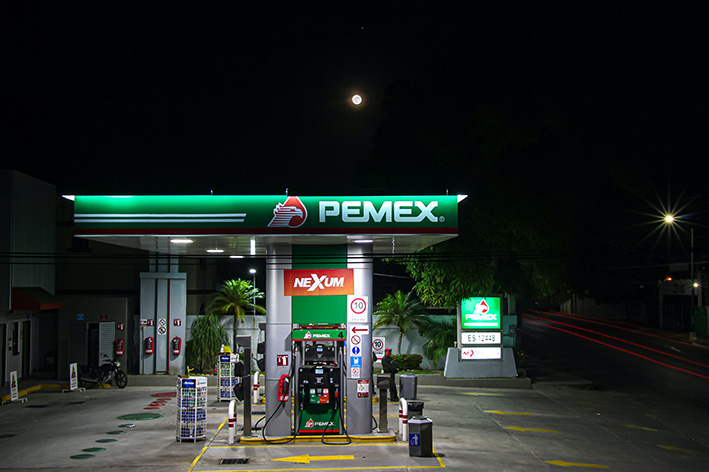“The Gulf of Mexico’s deep waters are a proven oil basin, but unfortunately, so far, only on the American side of the border.” – by Sergio Pimentel
Gulf of Mexico’s Deep Waters Possibilities
Deep waters in the Gulf of Mexico are among the most superficially explored globally and have a potential ready to be exploited on the Mexican side.
According to the National Center of Hydrocarbon Information’s data (official source in Mexico), more than a fifth of the prospective resources locates in deep waters with water strings of more than 500 meters.
Possibly of your interest: PEMEX modifies its Uchukil Field Plans
Due to their characteristics and technological complexities, integrated teams handle these areas.
A single energy company is hardly prepared to cover the enormous investments required single-handedly. Deep waters are the industry’s F1. Few play there, and the few that do so play as a team.
Mexico’s Case
After implementing the energy reform, two tenders in Mexico focused on this type of project and a strategic partnership with Pemex.
As a result, the country now has 27 Hydrocarbon Exploration and Extraction contracts, with 12 operators from different countries: Pemex, Shell, Total, Repsol, PCCarigali, Murphy, Equinor, Eni, CNOOC, BP, Chevron, and BHP.
The activities in these contracts, in terms of well-drilling, account for 46. To set the context, the state-owned company has drilled 52 wells from 2004 until today.
Possibly of your interest: Mexican agency approves plans for Pemex to develop two Gulf of Mexico fields
Due to the length of these projects, the associated financial requirements, the constant technological improvements, and the characteristics implicit in the Exploration and Extraction activities at more than 1,500 meters of water, it usually takes at least ten years to obtain the first crude barrel.
The portfolio of exploratory opportunities in Mexico is extensive, and the Gulf of Mexico’s deep waters are no exception to this reality. Currently, there are essential areas prone to bidding.
Pemex indicates, under the current energy policy, that in the meanwhile, it is not interested in participating in this type of project.
Proposal
With absolute respect for this decision, one recommended approach could be to open up these areas to the participation of large energy companies; those that are willing to partner and face the enormous challenges that deep and ultra-deep waters represent.
The vision, in this case, must necessarily be long-term. This perspective is what the Constitution mandates and the undeniable and much-needed energy transition demands.


